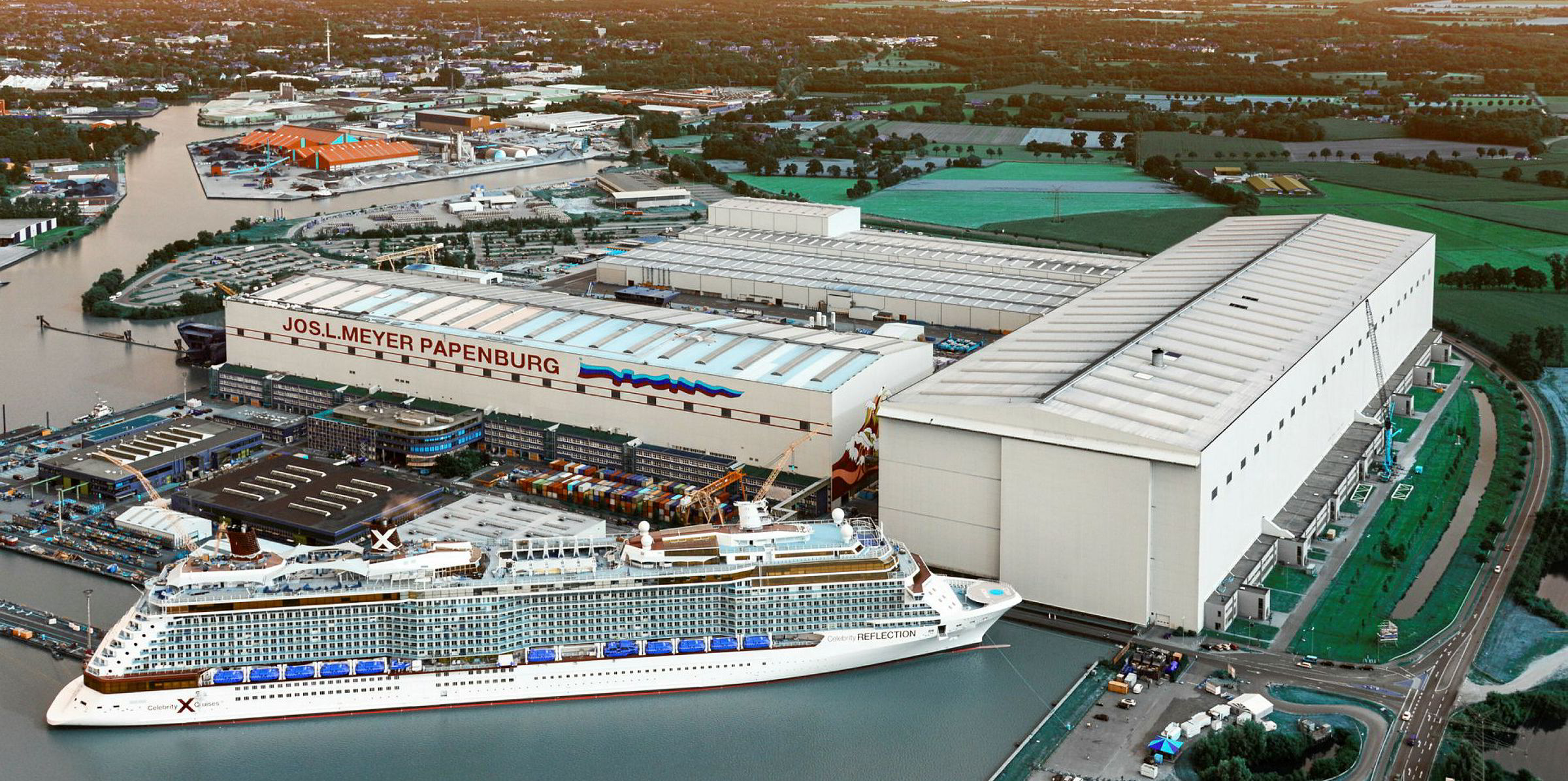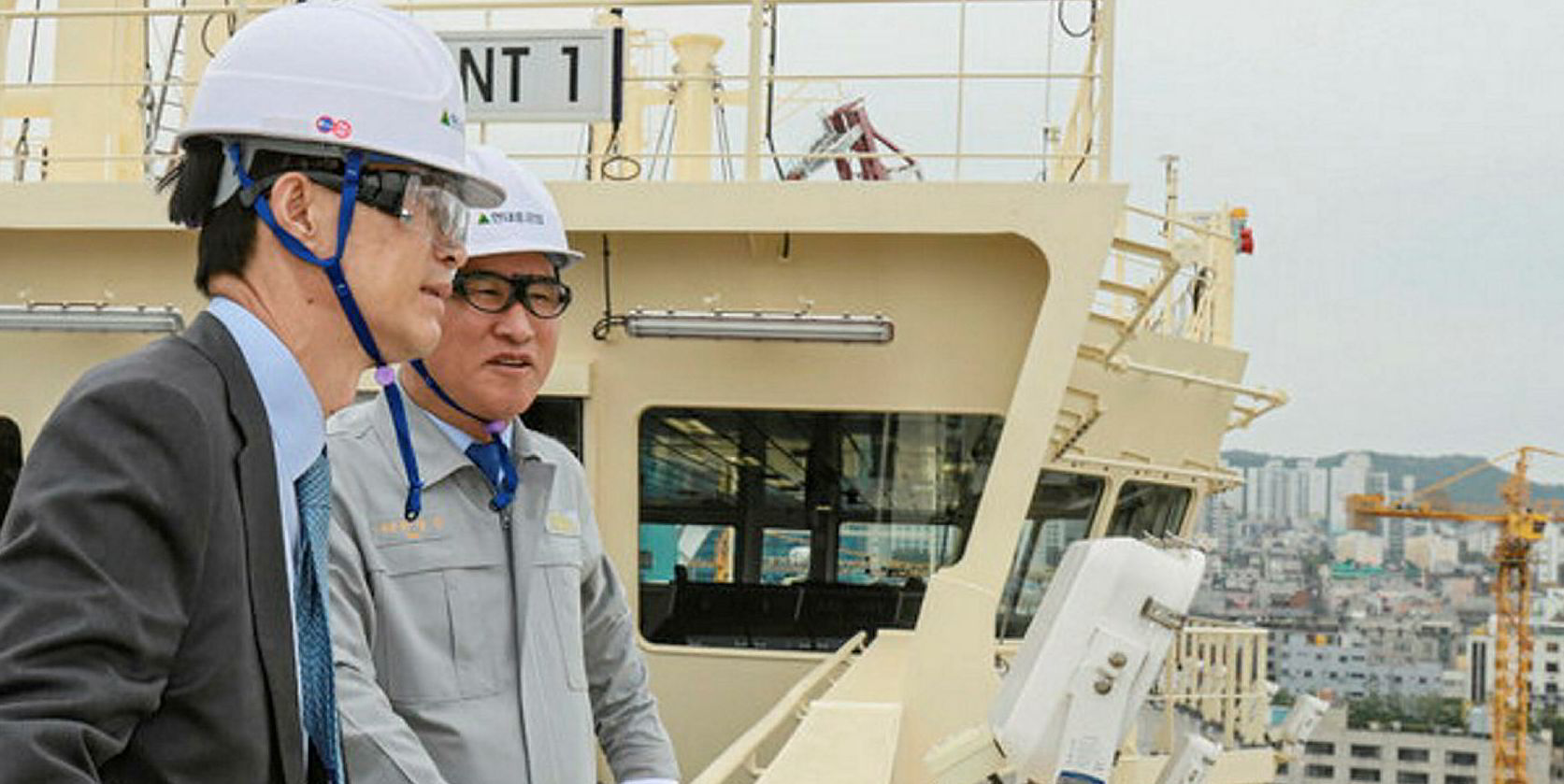German shipbuilding association VSM has praised a plan by the European Union to move towards a level playing field on subsidies.
The group said it welcomes new proposals in a white paper that could help European shipbuilders in their battle against Asian yards that have been granted state aid.
"The EU's strict state aid control excludes such subsidies in the EU member states and there are still no instruments to combat distortions of competition in third countries," VSM said.
This has played a major role in pushing European shipyards out of volume markets, it added.
"About half of Europe's shipbuilding was lost after the 2008 financial crisis. Only companies in the particularly demanding high-tech market segments were able to prevail," VSM said.
More bail-outs
South Korea has been a notorious subsidiser, but China is also getting in on the act and is providing "seemingly limitless means", according to VSM.
Just last month, South Korea unveiled a massive stimulus package for its shipbuilding industry, in a move that will raise the hackles of competition authorities in Europe and Japan.
The Export-Import Bank of Korea (Kexim) will reportedly inject KRW5.2tn ($4.2bn) into the sector to help it overcome the problems caused by Covid-19.
However, this month Germany awarded its shipping and shipbuilding industries a €1bn ($1.12bn) stimulus package as part of measures to revive the country's pandemic-stricken economy.
"For many years, we have been providing evidence of the massive distortions of competition. Negotiations on a shipbuilding agreement have been going on in the OECD since 1966 – to this day without results," VSM chief executive Reinhard Luken said.
Hope of level playing field
"All the EU's efforts, such as our then WTO action against Korea, also had no effect because the existing rules cannot be applied to ships. This is where the new white paper starts. Finally, there is hope for a level playing field."
The EU white paper aims to deal with the "distortive effects" of foreign subsidies in its single market, it said.
A public consultation will be carried out until 23 September.
The results will prepare the ground for choosing the most appropriate way to deal with the problem, including proposals for legal instruments.
Possible measures include the forced divestment of assets or a reduction of capacity; prohibition of certain investments and subsidised acquisitions; and payments to EU states.
The paper points out that an existing 2016 regulation of the European Parliament and the Council of Ministers allows action to be taken "against any injuriously priced vessels whose sale at less than normal value causes injury" to the EU.
But while this regulation has formally entered into force, it has never been used as its application is conditional on the ratification of the OECD Shipbuilding Agreement by the US.






